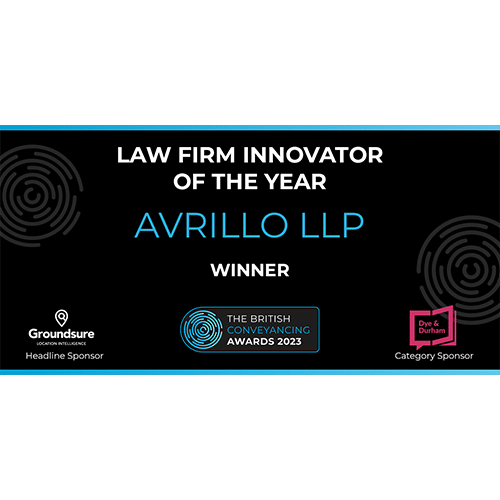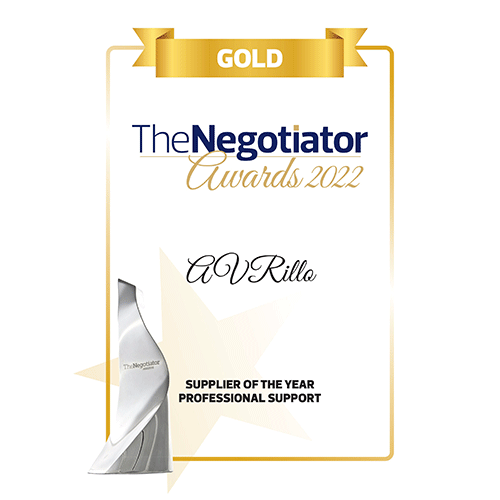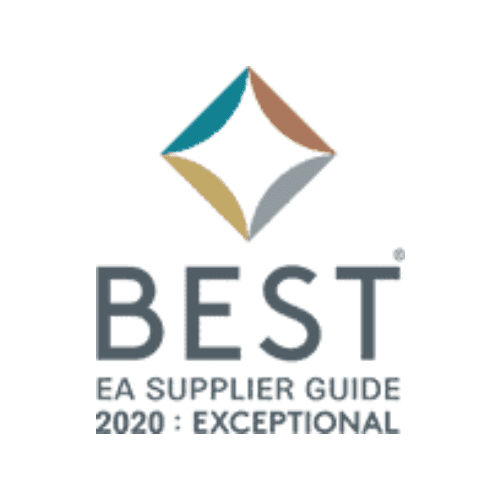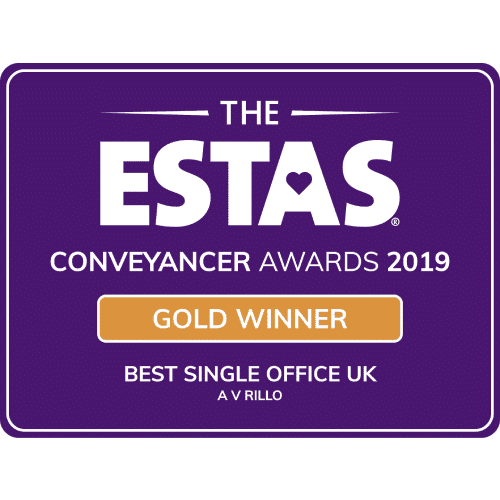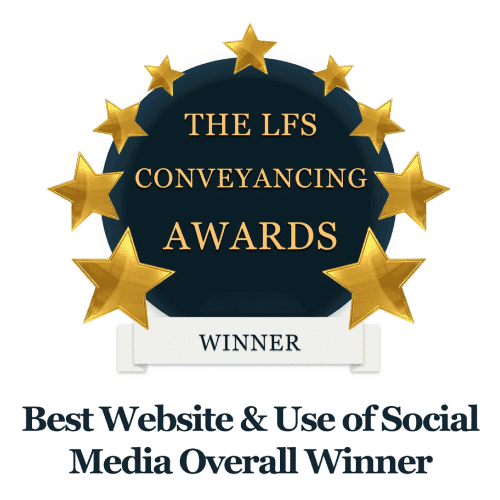

and start saving money now
and start saving money now
Get a FREE Conveyancing Quote
Conveyancing Lawyer in Hull - 4 ways we can make your move in Hull cheaper, safer and more secure!
Below are some benefits you will enjoy by partnering with AVRillo conveyancing services in Hull:
 Hassle-Free ConveyancingThe whole process of buying a new property can be very stressful; however, having our conveyancer work on your behalf will save you time and stress. They are familiar with the area, meaning they understand local prices for different properties, which means you’ll get the best price possible.
Hassle-Free ConveyancingThe whole process of buying a new property can be very stressful; however, having our conveyancer work on your behalf will save you time and stress. They are familiar with the area, meaning they understand local prices for different properties, which means you’ll get the best price possible. Time-Saving ConveyancingHaving our conveyancer work on your behalf will save a lot of time while the process is completed. They are familiar with all legalities needed and have access to multiple property databases to know what properties are available and up for sale.
Time-Saving ConveyancingHaving our conveyancer work on your behalf will save a lot of time while the process is completed. They are familiar with all legalities needed and have access to multiple property databases to know what properties are available and up for sale. Familiar with the AreaNo matter where you are buying your new property, it is important that your conveyancing lawyers should understand what areas of Hull offer and which ones to avoid. Our conveyancers have extensive knowledge of local properties in Hull and all of the UK, meaning there won’t be any nasty surprises when doing a full survey on the house or flat you want to buy.
Familiar with the AreaNo matter where you are buying your new property, it is important that your conveyancing lawyers should understand what areas of Hull offer and which ones to avoid. Our conveyancers have extensive knowledge of local properties in Hull and all of the UK, meaning there won’t be any nasty surprises when doing a full survey on the house or flat you want to buy.
By having our conveyancing services done in Hull, you will save on time and stress. Also, you will get the best possible price on your new property. We Have a Proven Track RecordBy choosing to use our services, you are guaranteed that the process will be done correctly. We have a proven track record in conveyancing, meaning we do it every day and know what needs to be done when buying or selling your property with ease.
We Have a Proven Track RecordBy choosing to use our services, you are guaranteed that the process will be done correctly. We have a proven track record in conveyancing, meaning we do it every day and know what needs to be done when buying or selling your property with ease.
As part of this service, you can also rely on us to manage the whole process, so there will be no need to deal with any other parties. We know what needs to get done and can make sure it is completed quickly, efficiently, and correctly while keeping you updated throughout the entire process.
Recent Reviews
Conveyancing in Hull: FAQs
Will I Save Money Using a Conveyancer?
Yes, as they will be doing the work for you. You could end up saving a lot of money by having your conveyancer working on your behalf, especially when buying or selling property in Hull, where prices can fluctuate very quickly and dramatically.
By using our local conveyancing services in Hull, you will get the best possible price on your new property while also saving time and stress. We can manage all of this to make sure it is completed quickly and correctly while keeping you updated throughout the entire process.
Is there Part of the Process that a Conveyancer Won't Assist?
No, they will do everything in their power to help you with the process and answer any questions or queries that you may have throughout the process. It includes anything from finding a new home to getting the finances in place and even helping you find a lawyer.
By choosing to use our local conveyancing services, you can be guaranteed that all legalities will get done, which means there won’t be any nasty surprises when buying or selling your property.
Do Conveyancers Deal Only in the Sale of Land?
No, they are also used for the purchase of land. You can use Conveyancers in both circumstances, which is why you should always consider using one when buying or selling your property in Hull.
Why Should I Use a Conveyancer When Purchasing a Property?
When you’re purchasing a property, it’s highly recommended that you hire a conveyancer. There are many laws and regulations in the industry that can be difficult for someone without experience to navigate.
If you want to make sure your purchase goes smoothly and you don’t lose any money on unexpected fees, you should always work with a conveyancer.
What Will the Conveyancing Process Include?
The conveyancing process will include going over the terms of the contract and any special conditions. You should also look at whether or not you are happy with all these details.
It will ensure there aren’t any misunderstandings down the line that could cause problems for both parties involved in Hull.
The conveyor will check the following details:
- The title deeds of the property and where they are kept
- Any previous issues or problems with the house. The issues may include any notices, attachments on a property from local authorities, and anything else that could affect the property in the future.
- Whether or not any money needs to be paid out of your pocket before you can move into the house. It includes surveys, lawyers’ fees, and stamp duty tax payable by everyone who purchases a new home.There are also some exceptions which include first-time purchases and those purchasing shared ownership homes.
- The title of the property will need to be checked before you can move in. You should check that any covenants or restrictions on selling are still valid. You are to be sure whether there has been a break clause (this is an option included in some properties allowing the owner to end it at a specific time) or if there has been a change in the planning laws.
- Areas that have undergone structural changes, such as new roads being built, can affect your property and its worth. It’s important to do this before you buy so that you know where any future developments are going to be.
What is the Difference Between a Change of Contract and Completion?
When it comes to purchasing a property, there are two stages of the process. These include change of contract and completion, which is when you finally get your keys or deeds so that you can move into your new home.
Change of Contract involves signing off on any changes made to the original purchase agreement. If, for example, this includes something like painting the walls or changing out fixtures and fittings, this would need to be signed off by you before it can go ahead.
Completion is when final payments are made. All parties involved must meet at the same time for everything to get completed.
A few things need to be completed before you can finally get your keys and move into your new home. These include going over the details to ensure there aren’t any misunderstandings down the line, especially if it’s in Hull, where prices can fluctuate very quickly.
How Long Does Online Conveyancing Take?
The online conveyancing process can take around four to eight weeks, sometimes longer, depending on location and the type of property you are looking to buy. However, this is usually straightforward, with most questions being answered within 20 minutes or less.
When it comes time for completion, some lenders will ask that you use an approved solicitor to check with your lender to avoid any problems down the line. If you have a complicated case or are purchasing an unusual type of property, this can take longer to complete.
What is Transfer Duty?
Transfer duty is a tax that is paid to the government when you buy or sell a property. It can be quite high depending on where in Hull you are looking to purchase unless it’s for an affordable home. If you are purchasing a more expensive property, this can be as much as £5000.
This tax is separate from Stamp Duty which has now been abolished for first-time buyers saving them thousands of pounds. In the process, those looking to purchase their first home found it difficult due to rising prices and complicated processes.
What Legal Documents Will I Receive During Conveyancing?
During your online conveyance process, there are several different types of documentation that you will need to make sure you have. These include mortgage deeds, title information, and legal agreements, all used for different purposes.
Everyone involved in your purchase must know what is expected of them, careful not to miss anything out or fail any requirements, especially if the sale falls through due to a missed detail. It can lead to a lot of issues in the future and is best avoided through careful planning.
What is Property Searches?
Property searches are important to find out who the current owner of a piece of land or property is. The search is done in many ways, including contacts, online databases, and even ground surveys used years ago.
During your conveyance process, you will need to have at least three distinct types of search completed: Land Registry, Land Search, and Local Authority search. It’s important to remember that other types of a search may be required, so it is best to speak with your solicitor first for them to give you the correct advice.
What are the Legal Implications of Conveyancing?
Conveyancing is a legal process where the property’s title and other records are checked. It also covers things like:
- The finances of both parties (buyer, seller) – ensuring that they both have enough money to complete the transaction.
- The state of insurance on a property – ensuring that it has adequate cover in case it is damaged for example.
- Who will be responsible for utilities such as gas and electricity? – if the utilities are not included in the sale, who will be responsible for them?
- The terms of any mortgages on a property – if you’re buying with a mortgage, your lender will want to know that there is no danger of repossession.
What is a Conveyancing Estimate?
A conveyancing estimate is a written statement of the estimated cost of Conveyancing in Hull. It will include:
- The fees that your lawyer or legal executive will charge for their work – vary from firm to firm. It also depends on whether you instruct them directly or through an agent such as a Conveyancing lawyer.
- Fees that the Land Registry will charge for their work – these vary from area to area so you need to ask your solicitor or conveyancer. The amount of time it’s expected a Conveyancing transaction should take and any additional costs such as searches, transfer taxes, etc.
What is the Difference Between Conveyancing Fees and Legal Expenses?
Conveyancing fees are a charge made by the Conveyancer for their work. It includes:
- Taking instructions from you and understanding what your needs are.
- Obtaining any information from third parties such as banks, lawyers, property owners, etc.
- Researching relevant laws and regulations that may affect your transaction before it starts e.g. Land Registry restrictions or local area plans that may affect the property’s value.
- Preparing, signing, and sending any transfer documents to you (the buyer) and your lawyer (if applicable).
- Preparing forms required for registering transfers at the land registry; Recording details of registered charges e.g. mortgages and other charges on the property.
- Providing advice about your transaction to you throughout the Conveyancing process.
Legal Expenses are any additional costs such as:
- Transfer Taxes, Stamp Duty (Stamp Duty is a tax charged by HM Revenue & Customs when certain transactions take place). All of these fees vary depending on the property value.
What is a Conveyancing Fee Agreement?
A conveyancing fee agreement (also known as an “engagement letter”) details all of your fees and expenses upfront before you sign it. It makes sure that both parties are clear about what they can expect to pay for during their transaction. There are a number of different types:
Fixed Fee Agreements – here you pay one price for all work. It includes fees and expenses which are normally paid by the client such as searches etc but does not include others such as Stamp Duty or Land Registry Fees (if applicable).
Your Conveyancer must tell you what the fixed fee includes and doesn’t include:
-A Conveyancing Fee Agreement that sets out separate fees for different tasks such as taking instructions, searching, etc;
-An estimate of costs – a guide to your approximate legal fees but it’s not legally binding on either party unless you sign an agreement saying otherwise.
- 24 / 7 Online Tracking
- Call Surgery
- Online Payment
- Quote App
- Our Team & Careers
- Conveyancing Today
- Get in touch
- Cheap conveyancing solicitors
- Online conveyancing quote
- Find a conveyancing solicitor
- Solicitors for house buying
- Residential Conveyancing
- Property Conveyancing
- Solicitor Costs For Buying a House
- House Conveyancing
- Conveyancing Guide
- Conveyancing Solicitor
- Residential Solicitors
- Conveyancing
